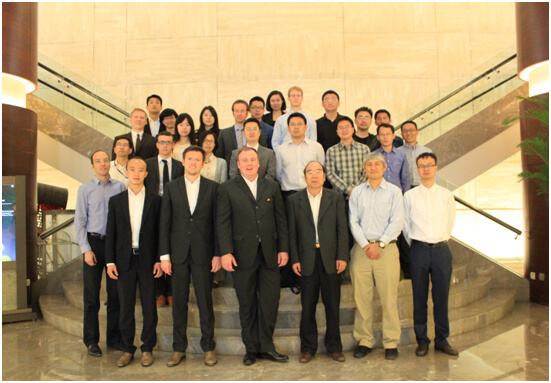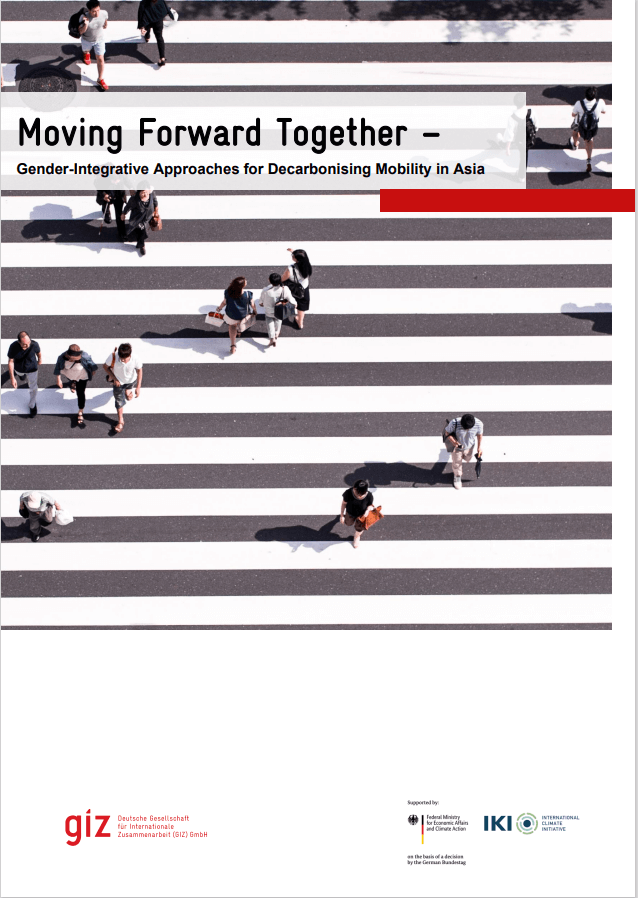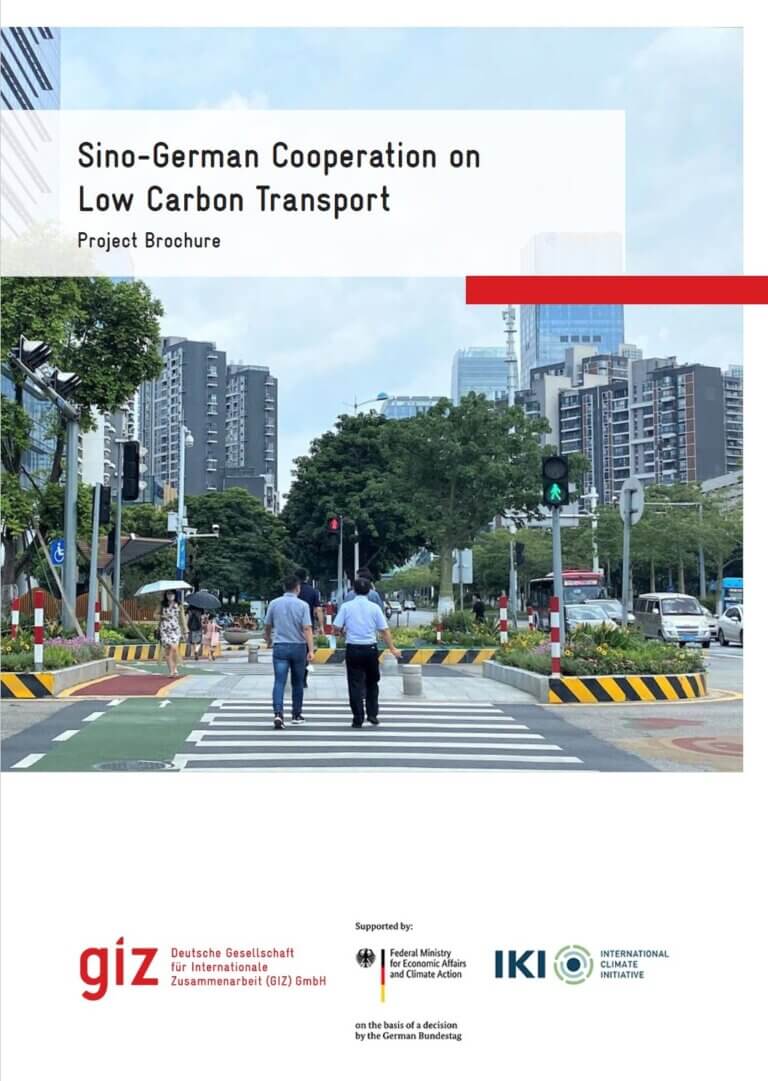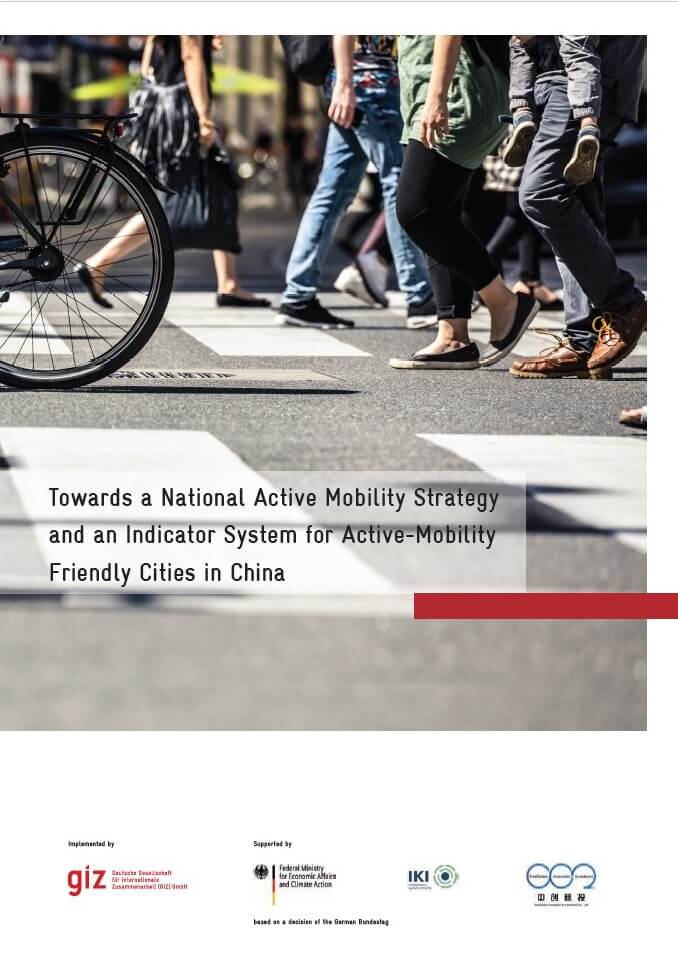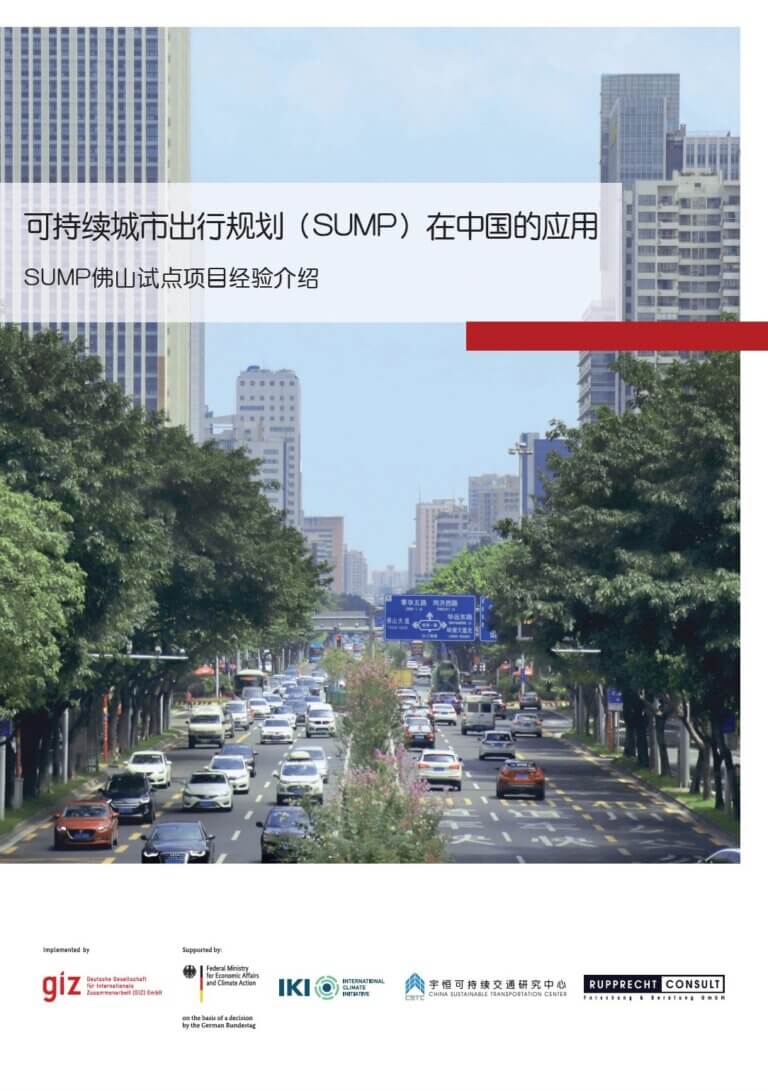Against the background of rapid growth in transport demand and related Greenhouse Gas (GHG) emissions, China faces the challenges of protecting the climate and reducing its dependency on oil consumption.The technical workshop took place on May 8th, 2013 at Kempinski Hotel, Beijing. Around 30 experts on electric mobility from Europe and China attended this event.
The workshop served as a kick-off event under the Sino-German cooperation on “Electro-Mobility and Climate Protection”, which aims at identifying appropriate policies and measures, which are needed in order to optimize the climate protection potential of electric vehicles in China.
Free download: The benchmark report on Climate and Environmental Impact Assessment of Electro-Mobility in China
The workshop started with welcome notes from Prof. Hao Jiming, Dean of the Institute of Environmental Engineering, School of Environment, Tsinghua University. Next, Bai Yunfeng, Project Coordinator at GIZ presented an overview of the Sino-German cooperation project “Electro mobility and climate protection”. The session continued with presentations from Prof. Wu Ye from Tsinghua University and Christian Hochfeld from GIZ.
In his first presentation, Prof. Wu Ye provided an overview of recent research works on environmental impact assessment of electric vehicles in China. The trend is clear: Strong growth of vehicle population makes China the world’s leading country in automobile population in the next decades. Next, Christian Hochfeld outlined the “OPTUM” Model, which was developed by the German think tank Oeko-Institute. The goals of that research project are the evaluation of the market potential of EVs as well as their impact on GHG emission reductions in Germany.
More information: Please download the presentations of the workshop here.
This workshop provided an overview on existing scenario analysis approaches of EVs in China and Germany and presented the main content of a new scenario tool for the environmental impact assessment of EVs in China. Moreover, it discussed potential bottlenecks of the work and discussed possible solution approaches. Summing up, the workshop served as a good input platform for the future implementation of the project and concretized its future work.

